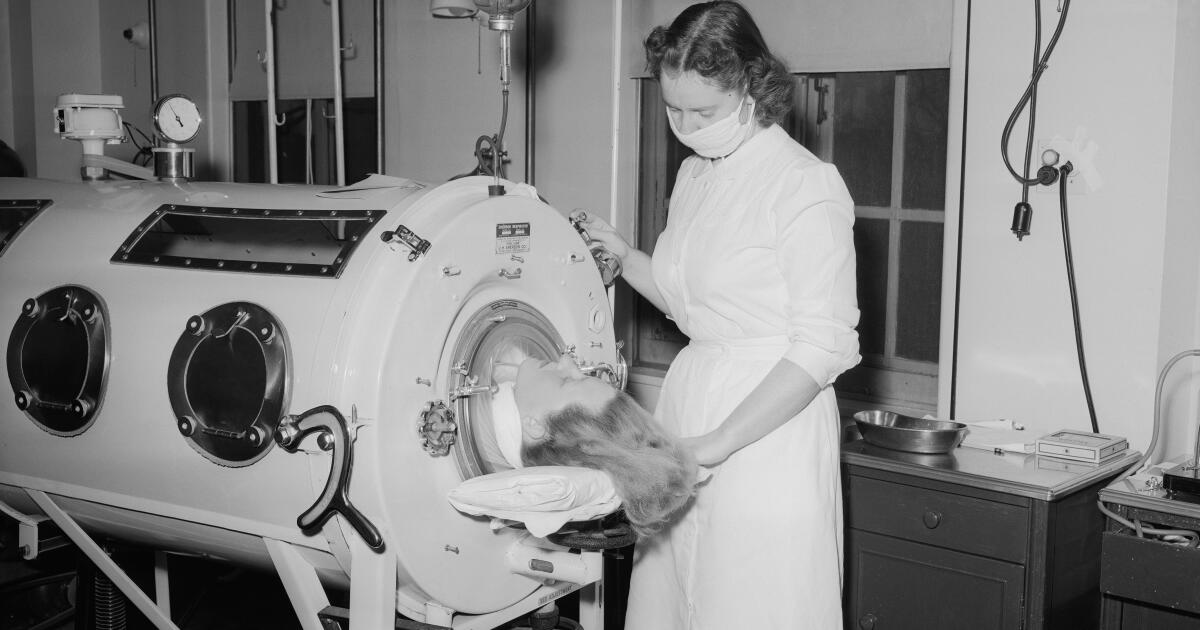The Office of the State Comptroller found even motorists suspected of dangerous driving offenses were let go by New Jersey State Police.
TRENTON—An investigation finds that New Jersey State Police troopers routinely gave preferential treatment to certain motorists who presented a courtesy card or asserted a personal connection to law enforcement—even when motorists were suspected of dangerous offenses, like drunk driving, according to a new report by the New Jersey Office of the State Comptroller.
OSC’s Police Accountability Project reviewed body worn camera footage of 501 no-enforcement stops by New Jersey State Police–meaning stops where New Jersey State troopers did not issue tickets or make arrests. In 139 or 27 percent of these no-enforcement stops, motorists presented a courtesy card, claimed to have a friend or relative in law enforcement, or flashed a law enforcement badge and then were let go, OSC’s report said. In some cases, the trooper released the motorist immediately, offering some version of “you’re good.” The report found that courtesy cards are in wide usage and function as “accepted currency” by state troopers. (In all but one case, the troopers gave the courtesy card back to the motorist, enabling the card to be used again.)
Reviewing more than 50 hours of body worn camera footage of the stops, which took place over ten days in December 2022, OSC found that troopers regularly decided not to enforce motor vehicle laws after receiving a courtesy card or being told the driver has ties to law enforcement. For instance, one motorist, who was stopped for driving over 90 miles per hour, admitted to drinking alcohol but was let go without a sobriety test after he presented two courtesy cards. Another motorist was stopped for driving over 103 miles per hour and was released after she volunteered that her father was a lieutenant in a local police department. The most significant consequence the troopers imposed in these stops was advising the motorists that they had left a voicemail message for the law enforcement officer named on the courtesy card or invoked as a friend or relative. OSC has released video excerpts of the footage.
“Our investigation shows that some people are being given a free pass to violate serious traffic safety laws,” said Acting State Comptroller Kevin Walsh. “Law enforcement decisions should never depend on who you know, your family connections, or donations to police unions. Nepotism and favoritism undermine our laws and make our roads more dangerous.”
Overall, close to half of the 501 non-enforcement stops reviewed by OSC involved speeding, many for more than 20 miles per hour over the speed limit. In three stops, drivers stopped for reckless driving, careless driving, and/or speeding, also admitted to drinking alcohol, yet were released without being asked to step out of the car for a field sobriety test. Both drunk driving and speeding are major causes of traffic fatalities. According to data compiled by the New Jersey State Police Fatal Accident Investigation Unit, in 2022, New Jersey recorded 646 fatal collisions that resulted in 689 deaths or 1.89 fatalities per day. This was among the highest number of traffic-related deaths in New Jersey in the past 15 years.
OSC initiated this investigation in response to reports that law enforcement officers’ decisions not to enforce motor vehicle violations were influenced by improper factors, including courtesy cards. Courtesy cards, often referred to as PBA cards, FOP cards, or gold cards, are given out by police labor associations to law enforcement officers. They also can be purchased through “associate memberships” with police associations and are sold by private companies.
OSC’s investigation found that courtesy cards are widely used. In 87, or 17 percent, of the no-enforcement stops OSC reviewed, motorists presented courtesy cards that came from municipal police departments, county and state agencies, as well as inter-state and out-of-state law enforcement agencies. They all appeared to be equally effective at getting motorists released without enforcement.
Asserting a relationship with law enforcement appeared to carry equal weight, OSC found. In 52 or 10 percent of the no-enforcement stops reviewed, the driver or passengers did not present a courtesy card but claimed a connection to law enforcement, and the trooper decided to let them go. In 29 of those stops, the motorist or passenger identified themselves as current, retired, or in-training law enforcement officers. Other stops resulted in no enforcement when the drivers or passengers claimed a relative, friend, or neighbor worked in a law enforcement agency.
In one stop, a trooper said he stopped a motorist for driving 97 miles per hour. After an extended conversation about the “friends” they had in common, the trooper told the driver to “stay safe” and let him go. In another stop, a trooper performed a computerized look-up of the driver’s credentials and discovered the driver had an active warrant for his arrest. But when the driver’s friend introduced himself, letting the trooper know that he was also an off-duty trooper, the stopping trooper walked back to the motorist, apologized for stopping him, and let him go without even mentioning the warrant. OSC was unable to determine from the footage what the warrant was for.
Other findings include:
- Providing preferential treatment to motorists who present courtesy cards or assert close personal relationships with law enforcement appears to have a discriminatory impact. Of the 87 courtesy cards observed in the sample, for instance, 69 were presented by White drivers.
- Even when courtesy cards were not present, racial disparities were observed in the sample. New Jersey State Police policy requires troopers to request all three driving credentials (license, registration, proof of insurance) when making motor vehicle stops, but OSC found overall, White and Asian drivers were less likely to have all three of their credentials requested and verified when compared to Black and Hispanic/LatinX drivers. Additionally, troopers conducted computerized lookups of Hispanic/LatinX drivers 65 percent of the time, while looking up White drivers only 34 percent of the time.
- In many stops, OSC was unable to ascertain why the troopers made the decision not to enforce motor vehicle violations because of the quality of the video footage or other factors. Still, OSC observed several of those stops involved dangerous offenses, underscoring the importance of reviewing no-enforcement motor vehicle stops, which are not routinely reviewed.
OSC made 11 recommendations, including that New Jersey State Police regularly review no-enforcement stops to better understand racial/ethnic trends in motor vehicle data and determine if additional training is needed. OSC also recommended that the Attorney General consider issuing a directive that would explicitly prohibit law enforcement officers from giving preferential treatment to motorists because of their ties to law enforcement or possession of courtesy cards.
Read the report.
Watch excerpts of the body camera footage.
Sign up now for OSC’s newsletter.

























/cdn.vox-cdn.com/uploads/chorus_asset/file/25782636/247422_ChatGPT_anniversary_CVirginia.jpg)
/cdn.vox-cdn.com/uploads/chorus_asset/file/25789444/1258459915.jpg)

/cdn.vox-cdn.com/uploads/chorus_asset/file/25546252/STK169_Mark_Zuckerburg_CVIRGINIA_D.jpg)

